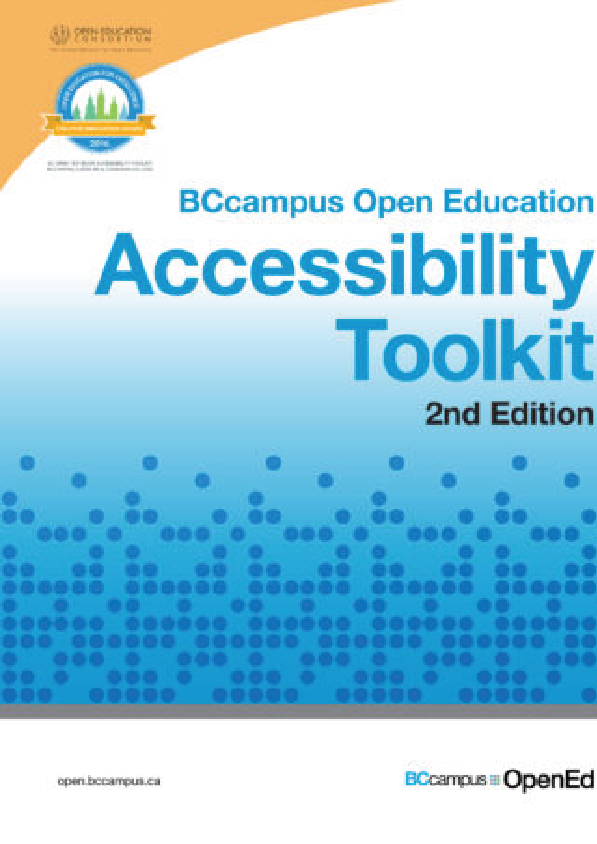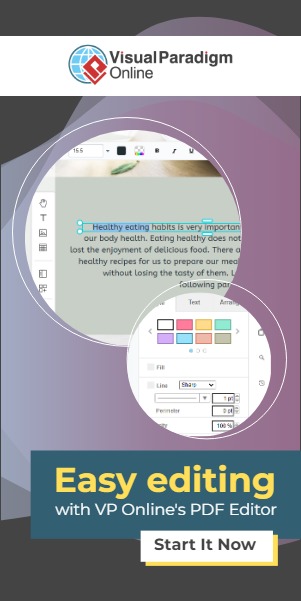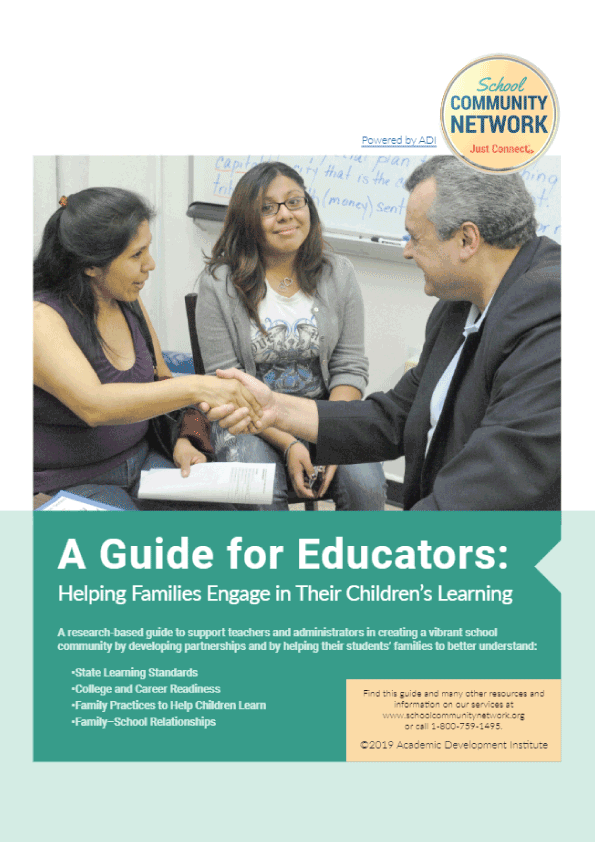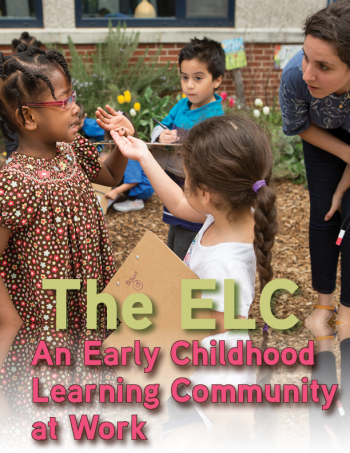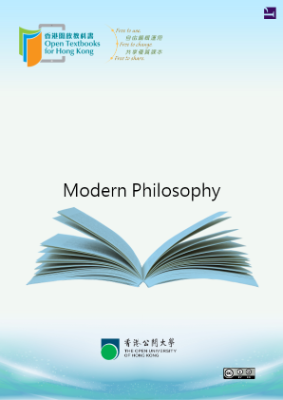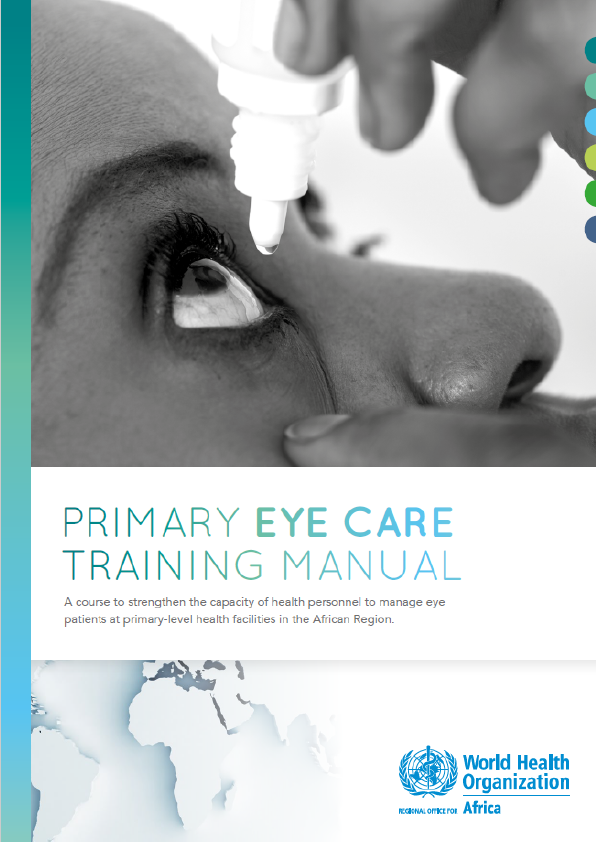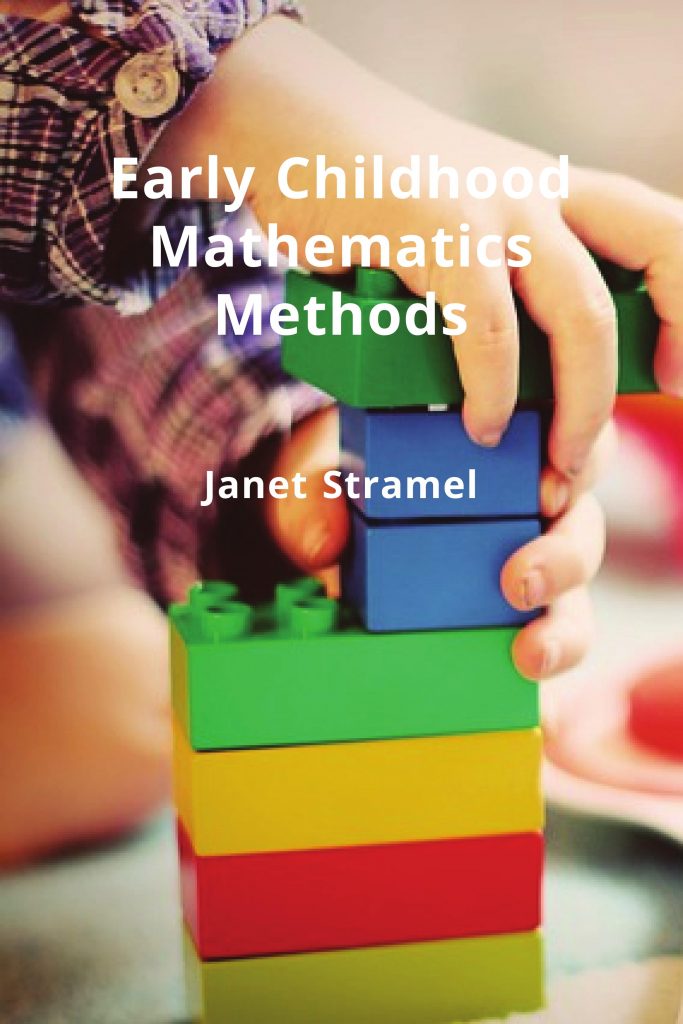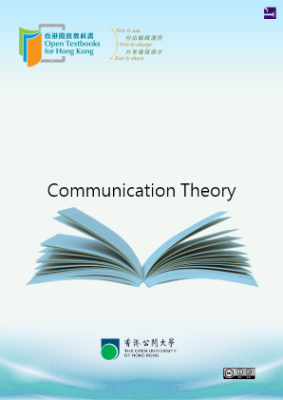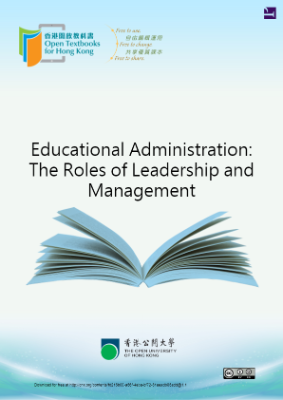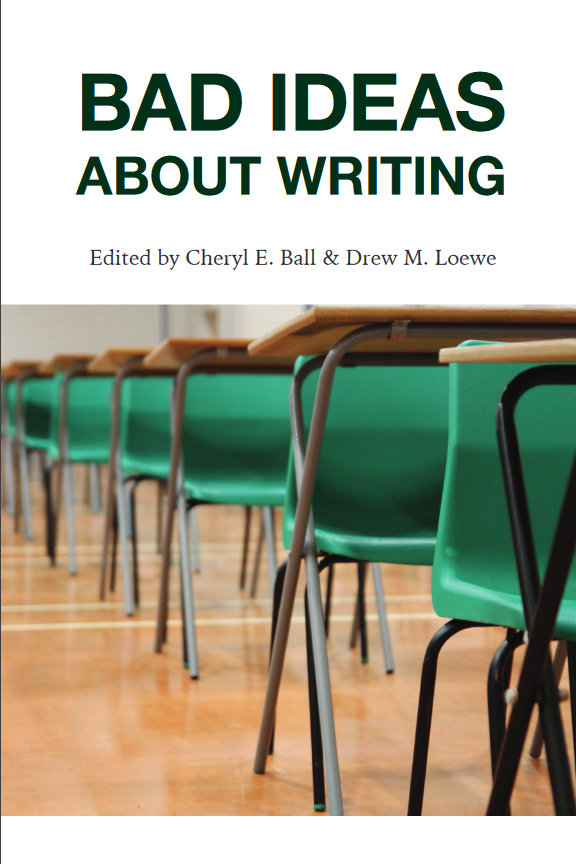Introduction
The original Accessibility Toolkit was a collaboration between BCcampus (Amanda Coolidge), Camosun College (Sue Doner), and Tara Robertson from the Centre for Accessible Post-secondary Education Resources BC (CAPER-BC), an organization that provides accessible learning and teaching materials to students and instructors who cannot use conventional print materials because of disabilities.
Why an accessibility toolkit?
The focus of many open textbook projects is to provide access to education at low or no cost. But what does access mean? If the materials are not accessible for each and every student, do they fulfill the mandate to deliver fully open textbooks?
The goal of the Accessibility Toolkit – 2nd Edition is to provide the resources needed for each content creator, instructional designer, educational technologist, librarian, administrator, and teaching assistant to create a truly open and accessible textbook – one that is free and accessible for all students.
The suggestions provided in this guide are intended for the non-technical user. If you are looking for more technical descriptions about how to make your work accessible, review the WCAG (Web Content Accessibility Guidelines).
Book-wide changes
- Screenshots of the Pressbooks editor replaced to reflect updates
- Information added about how to meet accessibly requirements when publishing in Pressbooks
- Heading levels changed to conform to guidelines outlined in Organizing Content
- Image attributions moved from captions to the end of each chapter
- Errors corrected and content updated
The French translation of the first edition of the Accessibility Toolkit, La Trousse d’outils d’accessibilité, is still available. With time, a French translation of this second edition will be made available.
What is Pressbooks?
In addition to providing general strategies for ensuring the creation of accessible content, the Accessibility Toolkit – 2nd Edition includes specific instructions on how to achieve accessibility requirements in Pressbooks. Pressbooks is an online authoring tool based on WordPress, and used by BCcampus Open Education (and other open textbook projects) to create and modify open textbooks. (See the BCcampus Open Education Pressbooks Guide.)
In May 2018, Pressbooks announced their Accessibility Policy, outlining their efforts and commitment to making their software accessible.
BCcampus maintains a free self-serve instance of Pressbooks for faculty and staff from post-secondary institutions in British Columbia and the Yukon.
To Care and Comply: Accessibility of Online Course Content
Here is a video looking at Portland Community College’s web-accessibility guidelines, and how supporting students with disabilities is a shared responsibility across the college. The video includes stories from students whose education is impacted by inaccessible web content, and ways faculty and staff can improve online course materials to make course content more accessible.
